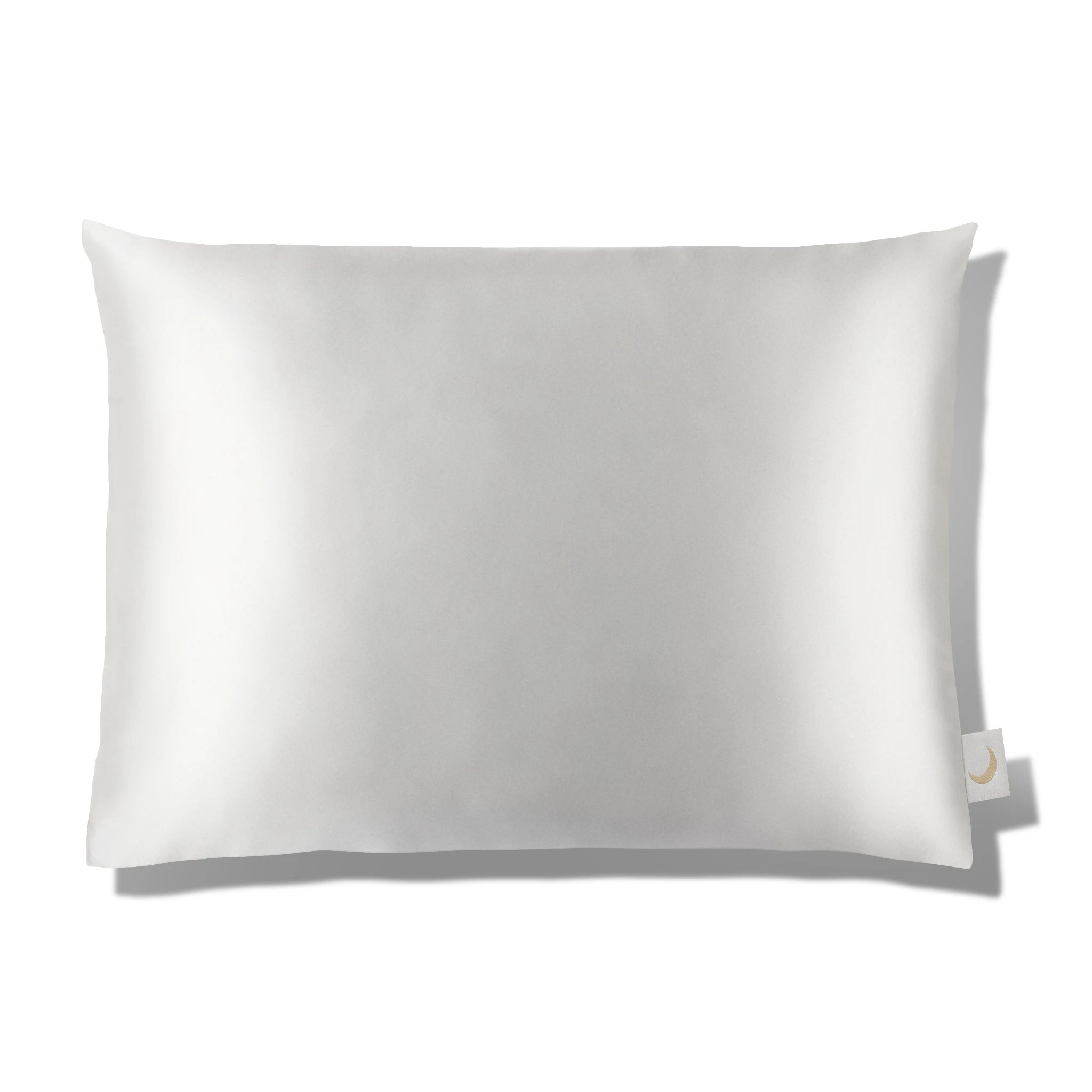Why You Sweat at Night
Sweating while you sleep is more common than you might think. In many cases, it’s simply your body’s way of regulating temperature. But persistent night sweats can also signal other triggers — both environmental and physical. Understanding the cause is the first step toward more restful nights.
Common Causes of Night Sweats
1. Bedroom Temperature and Bedding
If your bedroom is too warm or your bedding traps heat, your body may overheat during the night. Synthetic fabrics, heavy duvets, and closed windows all make sweating more likely.
Solution: Keep your room cool (ideally 16–19°C) and switch to breathable fabrics like cotton, linen, or silk for sheets and pyjamas.
2. Stress and Anxiety
Emotional stress raises cortisol and adrenaline, which can increase body temperature and cause sweating — even while you sleep.
Solution: Try calming rituals before bed such as slow breathing, journaling, or a warm bath to ease tension and lower nighttime stress.
3. Hormonal Changes
Hormones strongly influence body temperature. Night sweats are especially common during menopause, pregnancy, or thyroid imbalances.
Solution: Support your body with lightweight bedding, layered sleepwear you can adjust, and a consistent bedtime routine. If symptoms persist, consult your healthcare provider.
4. Food, Alcohol, and Medications
Spicy foods, caffeine, alcohol, or certain medications (like antidepressants) can trigger night sweats.
Solution: Avoid heavy or spicy meals, limit alcohol, and notice if certain foods or drinks make sweating worse at night.
How to Sleep Cooler and More Comfortably
-
Keep your bedroom dark, quiet, and cool.
-
Choose moisture-wicking, breathable fabrics.
-
Stay hydrated during the day (but avoid too much water right before bed).
-
Use a fan or open a window to improve airflow.
-
Create a calming wind-down ritual to reduce stress before sleep.
Final Thoughts
Occasional night sweats are normal, but if they happen frequently, they can disturb both sleep quality and well-being. By adjusting your sleep environment and bedtime habits, you can often find relief and wake up feeling cool, refreshed, and restored.




















